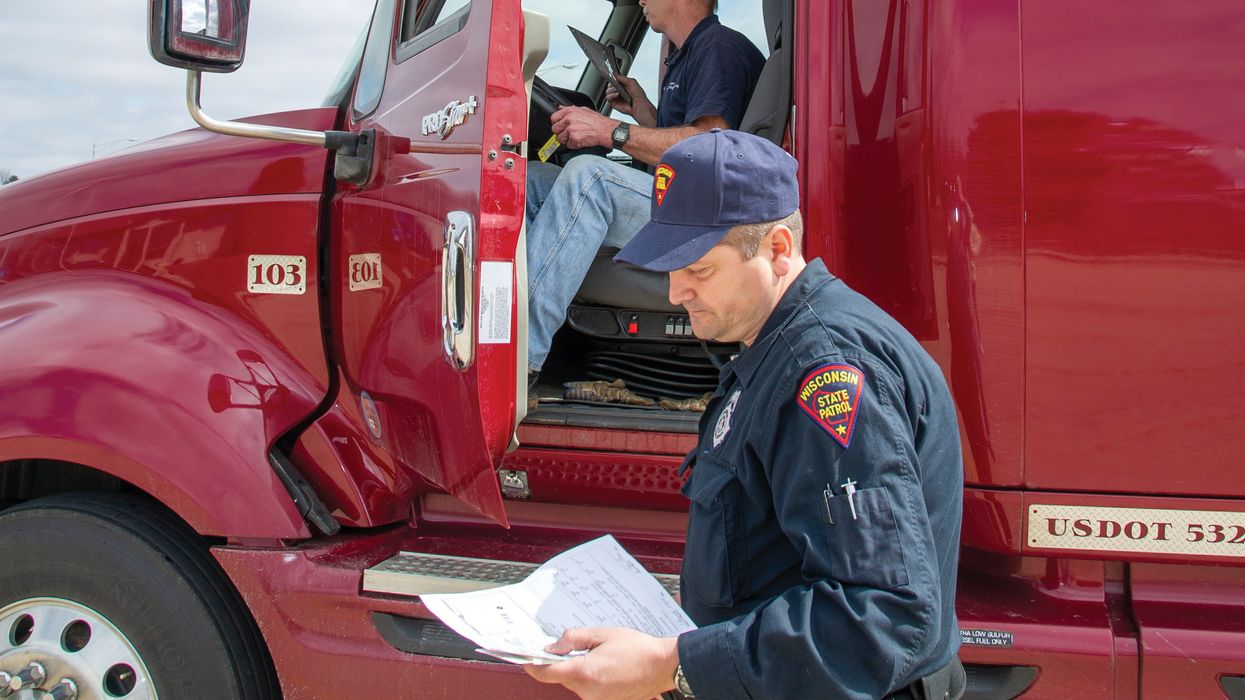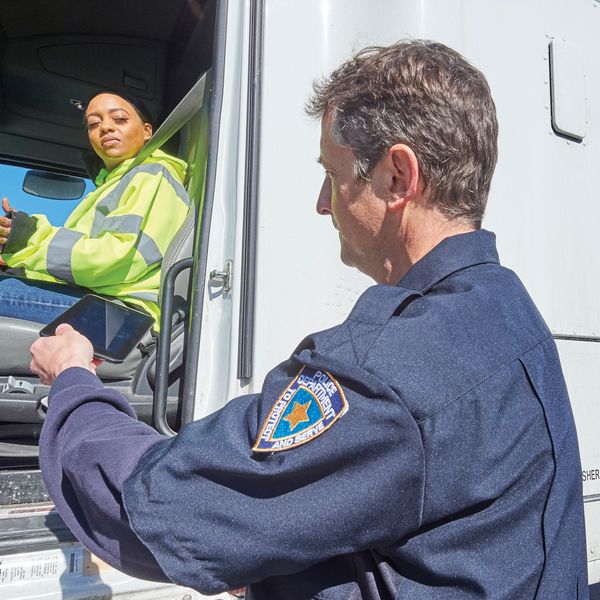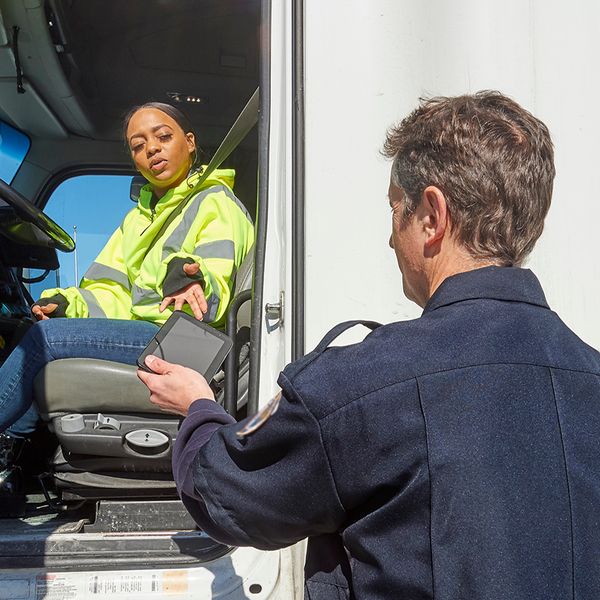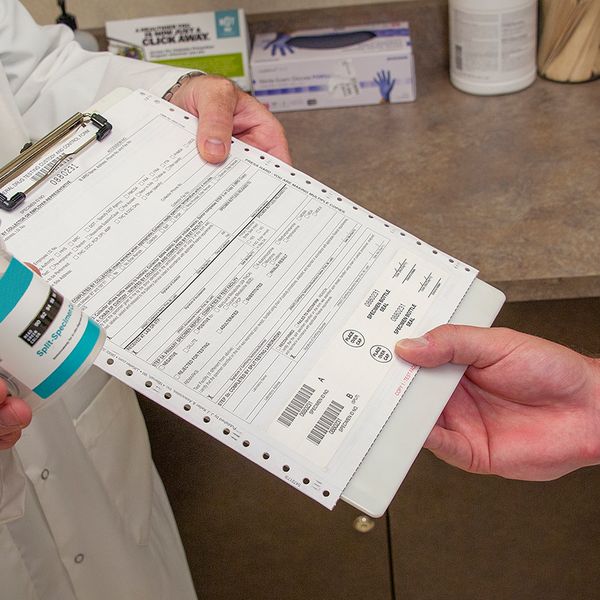Electronic credentials becoming an option
With systems changing rapidly, electronic credentials are replacing the need to carry paper documents in the cab of a commercial motor vehicle (CMV).
Guidance from the Commercial Vehicle Safety Alliance (CVSA) clarifies when electronic documents can be used in lieu of paper copies during roadside inspections.
The guidance can help drivers, motor carriers, and enforcement officers understand:
- Which documents can be provided electronically, and
- Which documents must still be available as paper copies.
Many electronic documents already allowed
Almost all documents required by the regulations in 49 CFR Parts 300-399 can be stored electronically. Records that fit in this category include:
- Hours-of-service documents,
- Medical cards,
- Medical waivers/exemptions,
- Shipping documents (non-hazardous materials),
- Lease agreements,
- Daily vehicle inspection reports, and
- Annual vehicle inspection report. However, inspection stickers (when used) must continue to be affixed to vehicles and trailers.
Documents that must be available as hard copies include:
- Driver’s licenses, and
- Hazmat shipping papers.
Carriers transporting dangerous goods in Canada may be able to use electronic shipping papers if they:
- Maintain an equivalent level of safety, and
- Obtain an equivalency certificate from Transport Canada.
As with paper documents, electronic documents must be complete, accurate, legible, and signed if a signature is required.
What about other credentials?
Documents not covered by CVSA’s guidance include those relating to:
- Registration,
- Fuel tax,
- Insurance,
- Over-dimensional permits, and
- Canadian daily vehicle inspections.
Any of these may be accepted in electronic format. However, it depends on state, local, provincial, and territorial laws and regulations. Always check to confirm which format is acceptable prior to traveling through a jurisdiction.
Apportioned registration and fuel tax
As of January 1, 2019, drivers of CMVs may carry their International Registration Plan (IRP) cab cards and International Fuel Tax Agreement (IFTA) licenses in electronic format. IFTA decals must still be affixed to the vehicle.
IFTA and IRP electronic documentation must be accessible by tablet or smart phone. However, internet access may be limited or unavailable during a roadside inspection. As a result, officials recommend saving the credentials in a PDF format instead of a link.
Permits (IRP, IFTA, over-dimensional)
This varies by state. In many states, these permits are not accepted in electronic format and must be presented in paper form.
Unified Carrier Registration (UCR)
The UCR program does not issue a paper credential. Proof of registration is available to roadside enforcement via the FMCSA’s electronic information systems.
HVUT/2290
Proof of payment of the heavy vehicle use tax (HVUT) is required to register your vehicle in any jurisdiction. Proof of payment consists of a receipted Schedule 1 (electronic or paper) of Form 2290. The Schedule 1 is returned to the taxpayer by the IRS after the tax is paid. States may vary in their acceptance of the electronic version.
Key to remember: Electronic credentials are replacing the need to carry paper documents in the cab of the truck, and they’ll ultimately become the norm. Until then, be sure your drivers have the right documents in the acceptable format.






















































